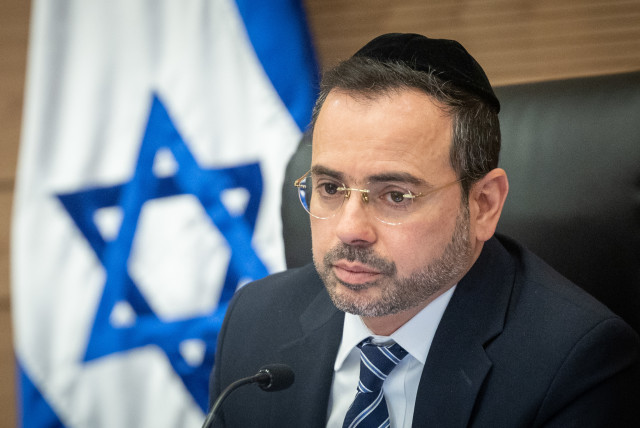Health funds to receive allocations at start of year as part of healthcare basket

Jerusalem’s Taub Center for Social Policy Studies published a study on the cost-update mechanism for health funds, finds gaps of billions of shekels between the current budget and actual needs.
On Thursday, the Finance and Health ministries decided to add some NIS 4 billion to the Health Services Basket. It represents a real addition of NIS 2b. to the budgets of the four public health funds, compared with 2023.The insurers will receive the money in advance as part of the arrangement for adding money for medications and new technologies at the beginning of every year.This “first-ever, historic” decision would enable the health funds to conduct themselves with certainty, both financially and operationally, Health Minister Uriel Busso (Shas) said.“Today, we brought historic news to the health funds,” he said. “We are significantly increasing the health basket directly at the base of the budget and making sure that the health funds can conduct themselves in a better way and maintain their strength and stability.”Health experts outside the ministry, however, were not so sure.
Economic impact of the allocations
“Now, it goes only halfway. They should cancel the stabilization agreement allocations to the health funds and simply provide a proper budget with a mechanism that realistically updates allocations every year according to the growth and aging of the population. In this way, the insurers will have managerial responsibility and can counter the power and leverage that the Treasury has over them. The decision could force the health funds to ‘efficiency measures’ such as dismissals or other things that would be draconian clauses in the agreement.”About two decades ago, when Prime Minister Benjamin Netanyahu was finance minister under then-prime minister Ariel Sharon, he canceled the Parallel Tax that required all employers to help cover the health costs of the workers; the money went directly to the Health Ministry and the health funds.When it was canceled, the Finance Ministry received the ultimate power to budget the health funds, forcing Health Ministry senior personnel to go to Treasury budget officials to beg on their hands and knees every year for money for health. But it was always an inadequate amount, causing the insurers major deficits.In October 2022, Jerusalem’s Taub Center for Social Policy Studies published a study on the cost-update mechanism for health funds. The study found significant gaps of billions of shekels between the current budget and actual needs.“There has been cumulative erosion in the value of the Health Services Basket, and there is heavy dependence on the State Budget and on decisions made by frequently changing governments and their changing order of priorities,” the study said. “This has led to the growth of a large private healthcare market that has expanded significantly in recent years and that the Finance Ministry is trying to constrain. The victims of this situation are Israeli citizens who are eligible for the basket by law.”Busso said: “The reform will be fully implemented, starting in February 2024, and minimum payment rules were established for [psychiatric care]. A total of NIS 150 million was added to the base of the Health Basket to prepare for the aging of the population that will be spent, among other things, on the expansion of hospital beds and measures to prevent an increase in the cost of self-payments.”Health Ministry Director-General Moshe Bar Siman Tov, an economist who formerly worked in the Treasury, said: “Regulating the allocations to the Health Services Basket and transferring funds at the beginning of the year is a necessary step to ensure the insurers’ financial stability.”Dr. Ze’ev Feldman, chairman of the State Physicians Organization and head of Sheba Medical Center’s pediatric neurosurgery unit, said: “While it was good that the health funds will get allocations at the beginning of the year, the public hospitals must also be budgeted in advance with long-term planning.”
Jerusalem Post Store
`; document.getElementById("linkPremium").innerHTML = cont; var divWithLink = document.getElementById("premium-link"); if (divWithLink !== null && divWithLink !== 'undefined') { divWithLink.style.border = "solid 1px #cb0f3e"; divWithLink.style.textAlign = "center"; divWithLink.style.marginBottom = "15px"; divWithLink.style.marginTop = "15px"; divWithLink.style.width = "100%"; divWithLink.style.backgroundColor = "#122952"; divWithLink.style.color = "#ffffff"; divWithLink.style.lineHeight = "1.5"; } } (function (v, i) { });

